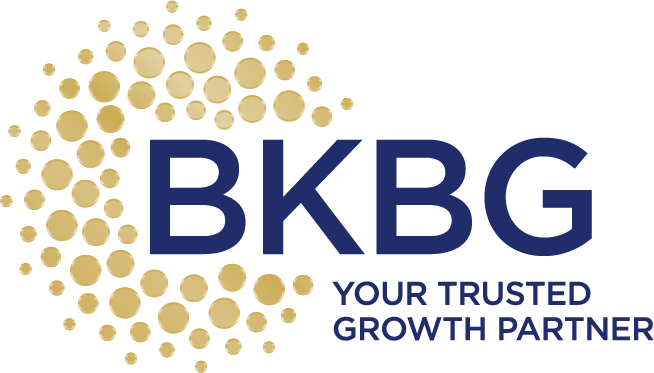Can You be Trusted?

A key for kitchen and bath showrooms to succeed is the need for a high level of trust among the entire team. The Great Place to Work Institute found that trust between owners and team members is the defining characteristic of the very best workplaces. The benefits of fostering trust between showroom owners and their teams are invaluable. Team members who trust ownership to do the right things experience 74% less stress, exhibit 106% more energy, are 50% more productive, take 13% fewer sick days, are 76% more engaged, and experience 29% more satisfaction with their lives.
While the advantages of being trusted are evident, becoming trustworthy is more challenging. Showroom owners can create a trusting workplace by focusing on clarity, consistency, and choice, according to Katharine Manning, author of The Empathetic Workplace.
Clarity involves setting clear expectations for the team, defining goals, and establishing timelines. Surprisingly, more than half of American workers, according to a Gallup survey, do not strongly agree that they know what is expected of them. Establishing clarity eliminates ambiguity and sets the foundation for trust.
Consistency translates to treating all team members equally. If a team member's performance falters, it often comes at the expense of others who must compensate for the low performer, regardless of the reasons. If a team member's performance wanes, it is essential to address the underlying causes promptly. Manning concludes, "to create a sense of trust on the team, rules must be clearly and universally applied. We can (and should) still have flexibility, but we must be clear about what the exceptions are to the rules, and those exceptions should also apply equally."
Choice means empowering team members with autonomy to make decisions, question rules and processes, and challenge mandates that lack explanation. Does your showroom dictate paid holidays, prohibit remote work, or have other inflexible policies? When you impose a "my way or the highway" approach, you undermine trust. By providing flexibility and choice to your team members, you foster an environment where they can make decisions that benefit themselves and the showroom, building trust in the process.
A great example of the benefits of offering choice comes from Justin Leatherman. Initially facing pushback from team members tasked with working half-days on Saturdays, he offered a small cash incentive for designers and salespeople willing to staff the showroom on weekends. Instead of resistance, he now has several team members who volunteer to work on Saturdays.
By providing clarity, maintaining consistency, and offering choices, showrooms can avoid challenges and ensure that policies and practices are rooted in trust – the cornerstone of a successful and thriving workplace.
